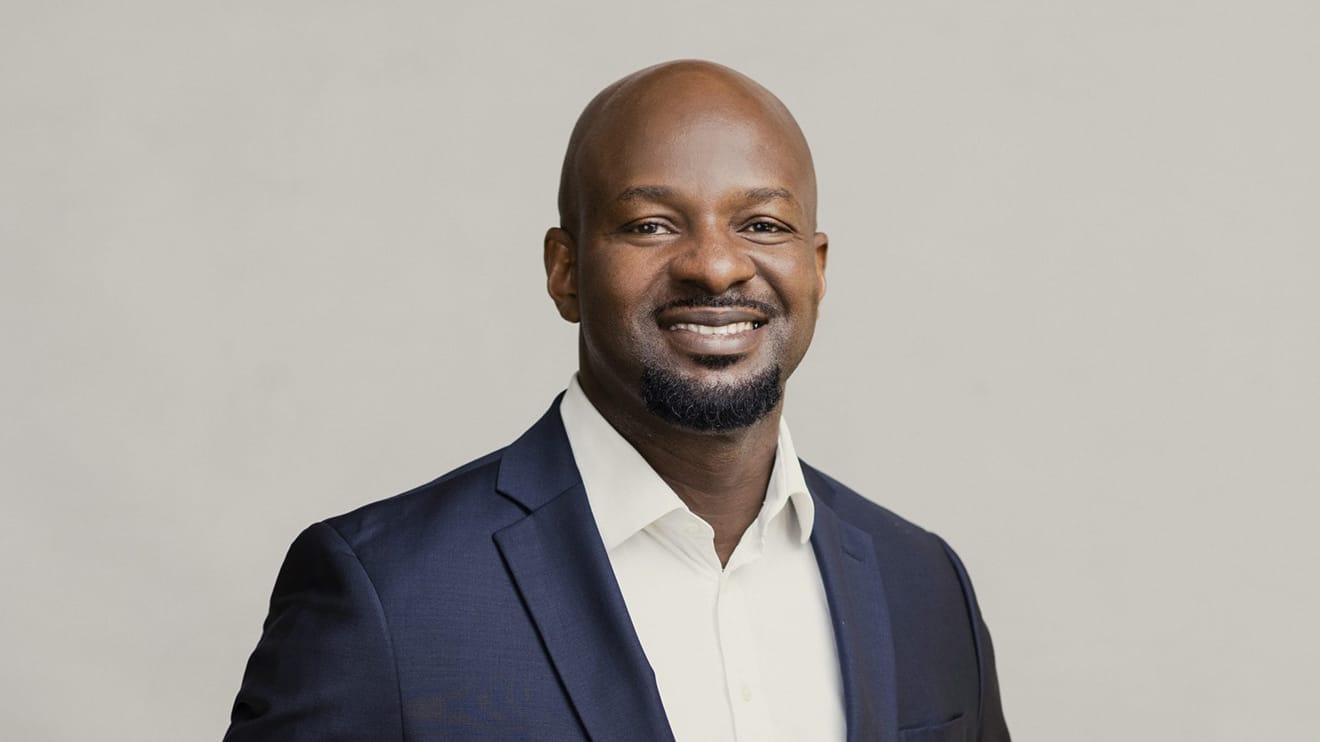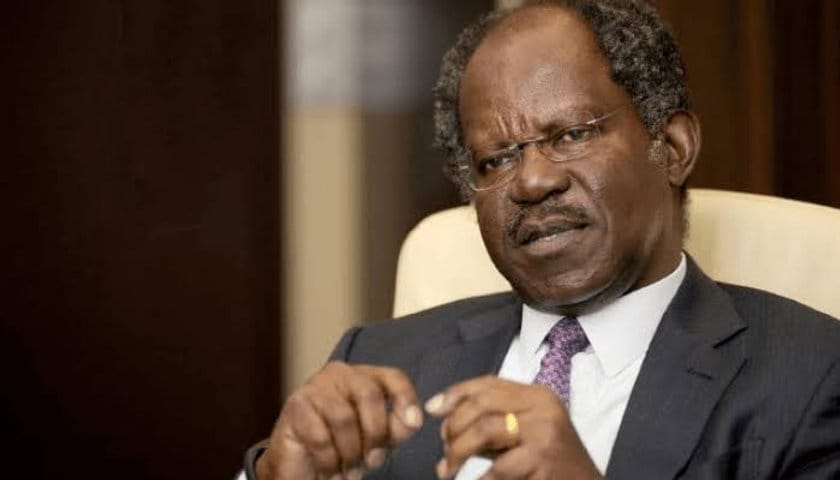Across the corporate world, African executives are rising to senior roles at some of the world’s most influential brands. These leaders bring not only expertise but also a deep understanding of emerging markets, diverse consumer bases, and global transformation. Their journeys highlight how African talent is increasingly shaping strategy at the highest levels of technology, finance, media, and consumer business.
1. Alex Okosi – Managing Director, Google Africa

Nigerian-born Alex Okosi is leading Google’s strategy and operations across Africa. Since joining Google as Managing Director for Africa, Okosi has overseen initiatives to strengthen the digital economy, support creators, and expand internet access. Previously recognized for building MTV Africa and driving YouTube’s growth in emerging markets, he now represents one of the continent’s strongest voices in global technology leadership. According to Google’s corporate statements, his work is central to the company’s commitment to Africa’s digital transformation.
2. Adebayo Ogunlesi – Chairman and CEO, Global Infrastructure Partners; Senior Managing Director, BlackRock

Adebayo Ogunlesi, a Nigerian-born financier, is one of the most powerful Africans in global business. As the co-founder, chairman, and CEO of Global Infrastructure Partners (GIP), he has led multibillion-dollar investments in airports, energy, and transport worldwide. Following BlackRock’s acquisition of GIP, Ogunlesi became a senior managing director at the world’s largest asset manager, positioning him at the very top of global finance. His presence on international boards and business councils underscores his influence across industries that shape economies.
3. Bozoma Saint John – Global Marketing Executive

Bozoma Saint John, Ghanaian-American, has built a reputation as one of the world’s most dynamic marketing leaders. She has held senior executive roles at Apple Music, Uber, and Endeavor, and made history as Chief Marketing Officer at Netflix from 2020 to 2022. Saint John’s bold approach to storytelling and brand building has set benchmarks in the entertainment and technology industries. Today, she continues to influence global culture as a brand strategist, speaker, and author, representing African excellence on a world stage.
4. Nnenna Ilomechina – Deputy CEO, Europe, Middle East and Africa, Standard Chartered Bank

Nnenna Ilomechina is among the most prominent African executives in global banking. Appointed in 2023 as Deputy CEO for Europe and the EMEA region at Standard Chartered Bank, she oversees one of the bank’s most critical international markets. With a background in strategy and transformation, including her previous role as Chief Transformation Officer, Ilomechina is driving the bank’s mission to adapt and grow in a fast-changing financial landscape. Her rise reflects the growing visibility of African executives in international finance.
5. Phuthi Mahanyele-Dabengwa – CEO, Naspers South Africa

South African business leader Phuthi Mahanyele-Dabengwa heads Naspers South Africa, part of the global technology investor Prosus and one of the most influential multinational media and internet companies. As the first woman to lead Naspers in South Africa, Mahanyele-Dabengwa plays a vital role in shaping the group’s investments and strategic direction on the continent. Her leadership bridges local impact with global influence, reinforcing Africa’s place in the wider digital economy.
Conclusion
From Google’s push into Africa to BlackRock’s infrastructure strategy, Netflix’s global storytelling, Standard Chartered’s international banking, and Naspers’ technology investments, these five executives exemplify African leadership at the highest level of global business. Their impact goes beyond representation, they are defining strategies, shaping industries, and creating opportunities that link Africa to the world’s most powerful brands. This list was curated by focusing on African-born leaders currently serving in top executive roles within multinational companies as of September 2025. Verification drew on official company statements, corporate biographies, and trusted business media reports to ensure accuracy and reliability.

